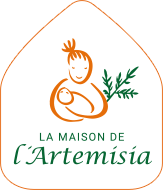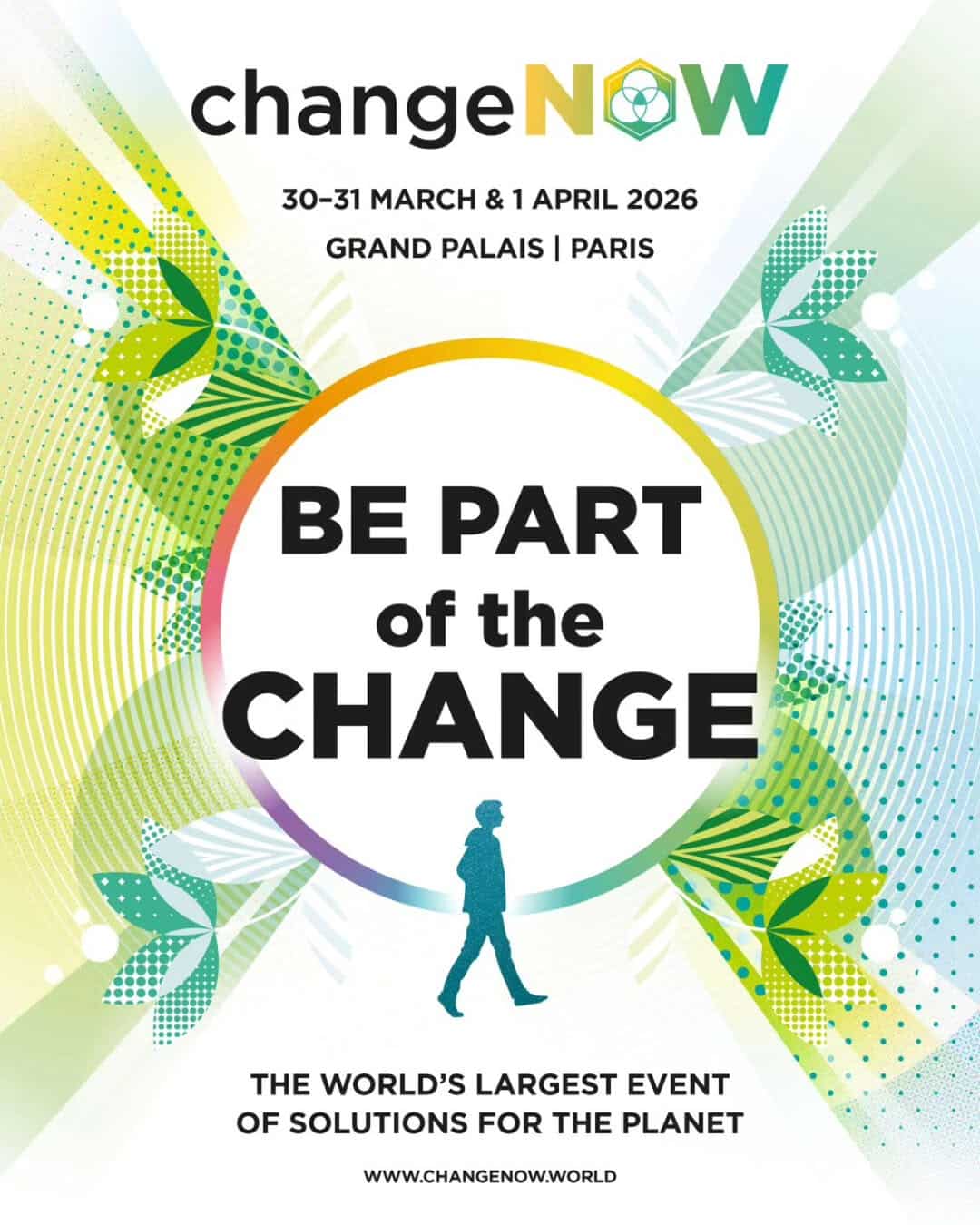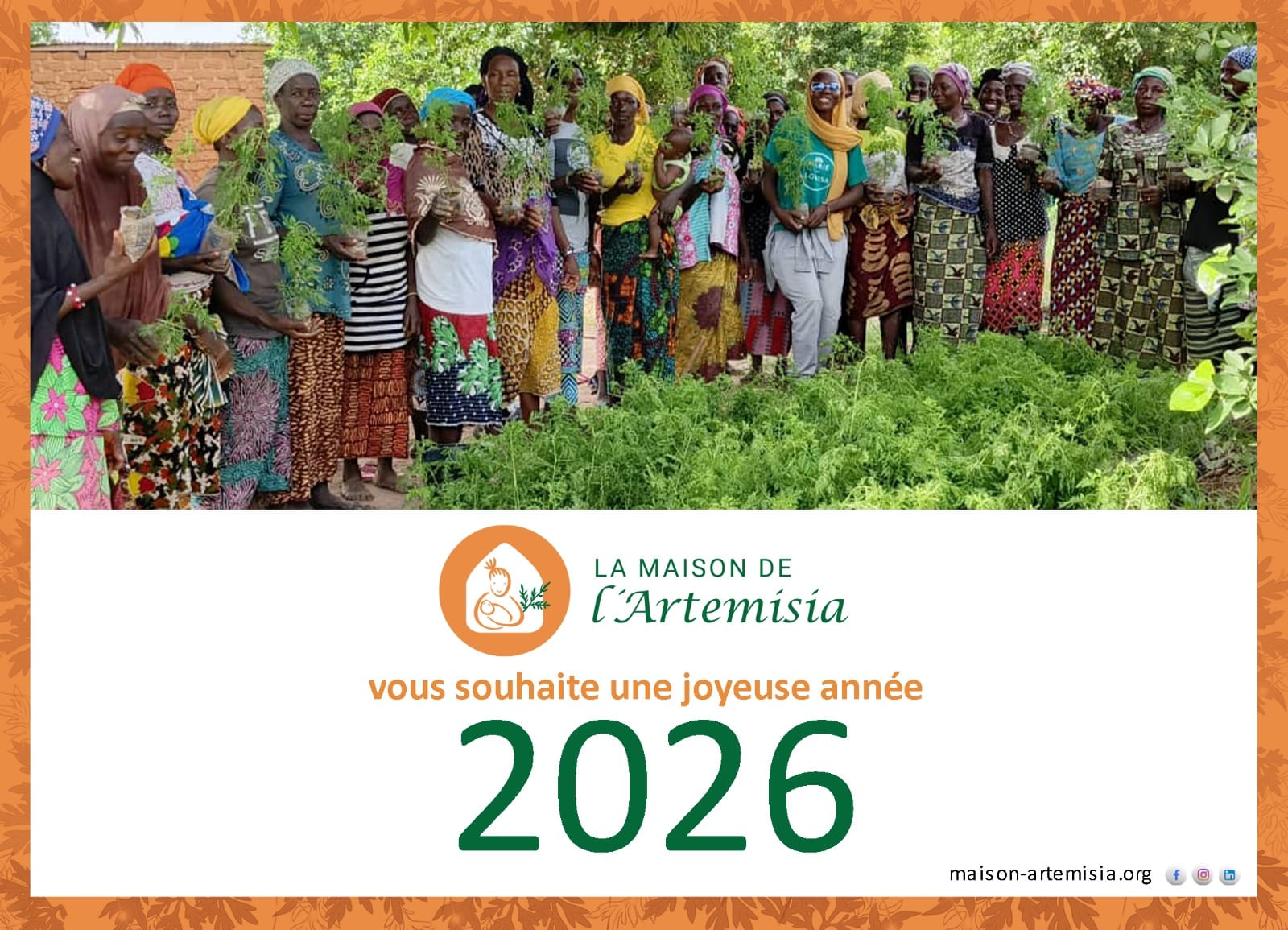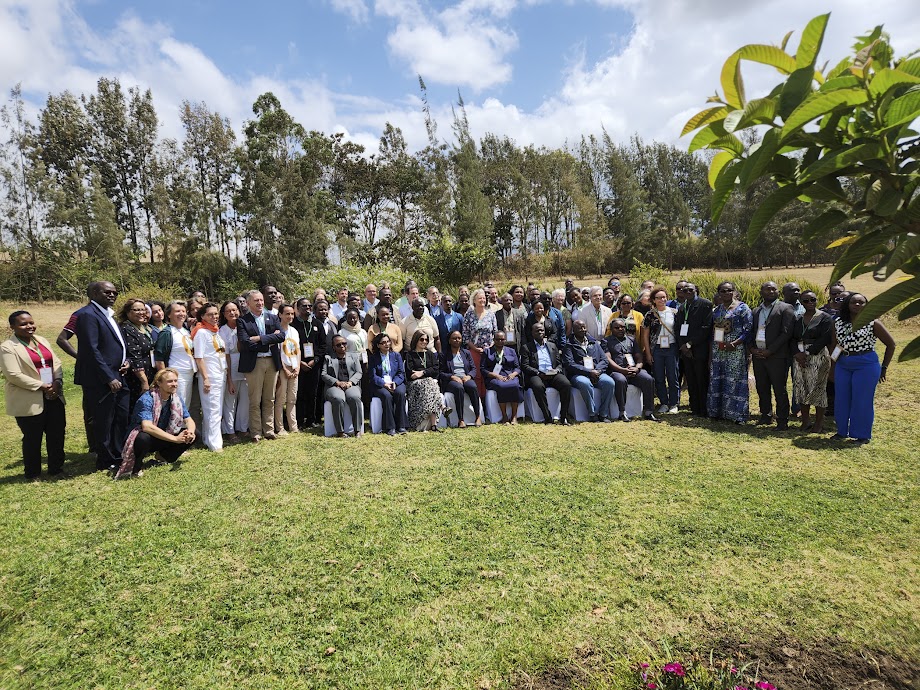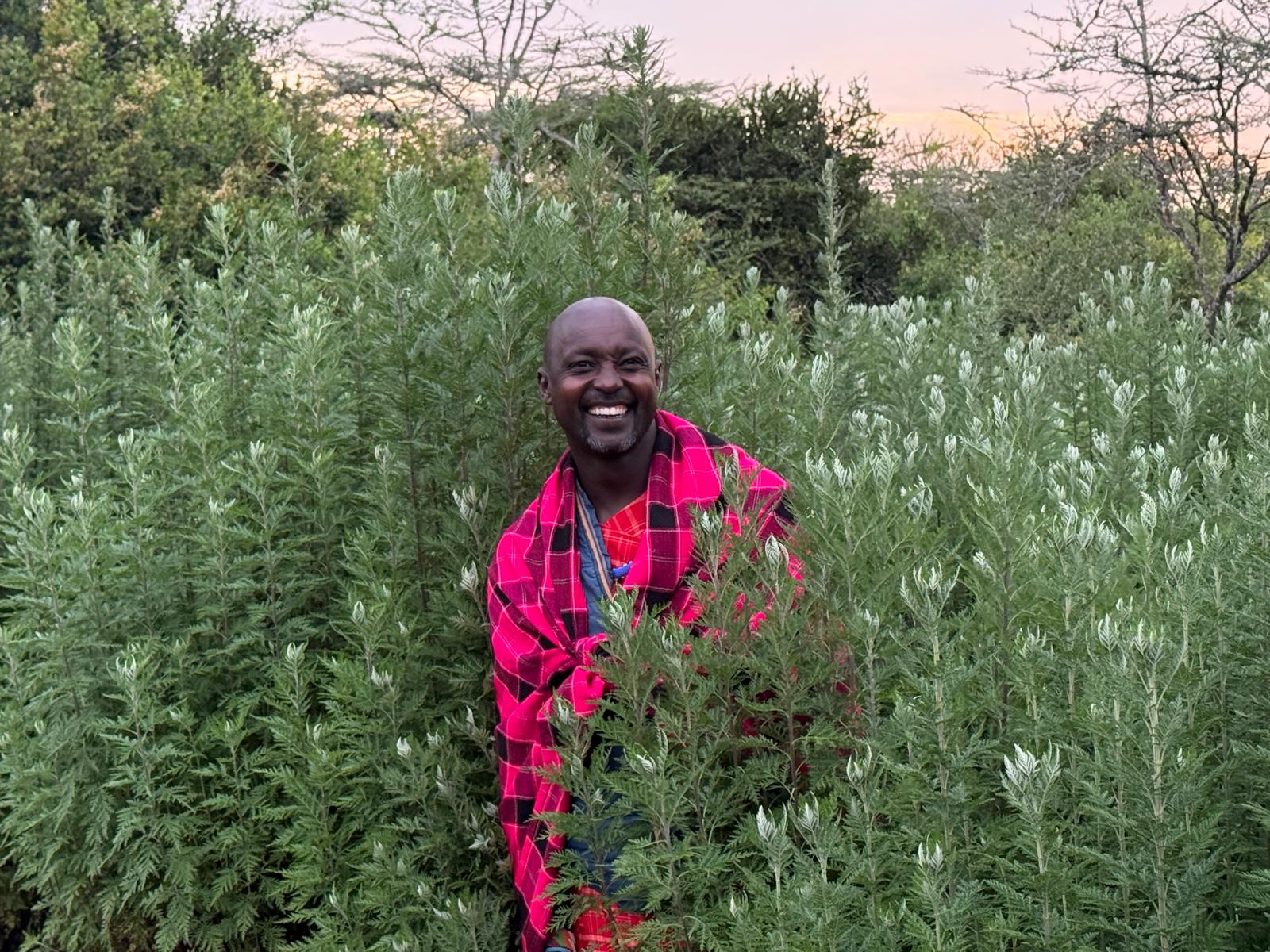Presentation of the "Artemisia Consortium" of research
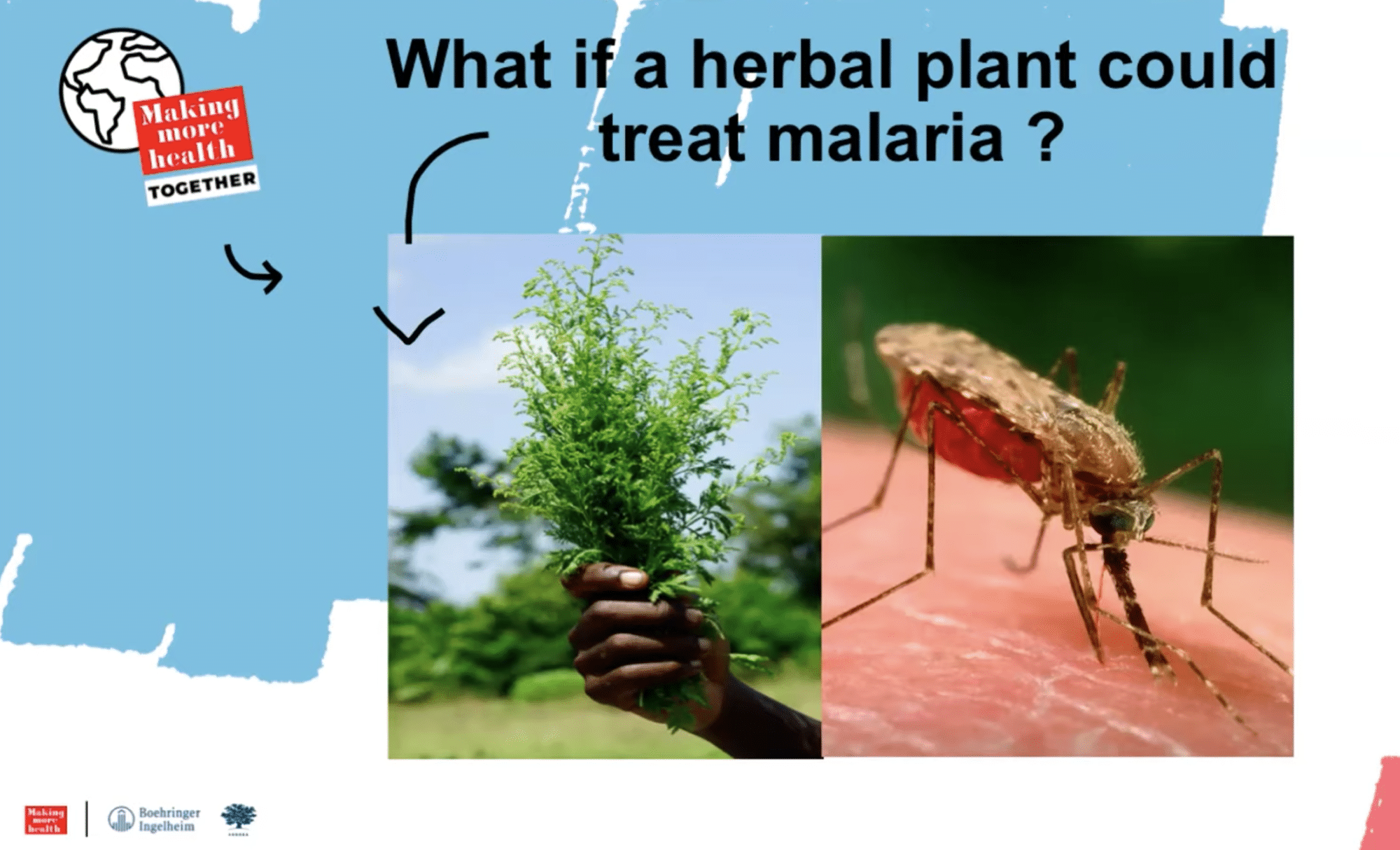
The “Artemisia Consortium” is an independent consortium of a dozen world-renowned research organizations working to evaluate the efficacy of Artemisia teas in the fight against malaria.
Members of the Consortium spoke about their work at the “Making More Health-MMH” webinar on November 12, 2021.
This webinar was initiated by Ashoka (the world’s largest network of social entrepreneurs) and Boehringer Ingelheim (a leading German pharmaceutical company).
The consortium still needs €1.5 to €2 million to conduct research and clinical studies to evaluate the effectiveness of Artemisia teas. In particular a randomized controlled clinical trial with CERMEL, Lambaréné in Gabon, and a second one in Cameroon to start generating a robust clinical evidence base.
If you want to contribute towards financing the project or help the consortium, please Contact us here
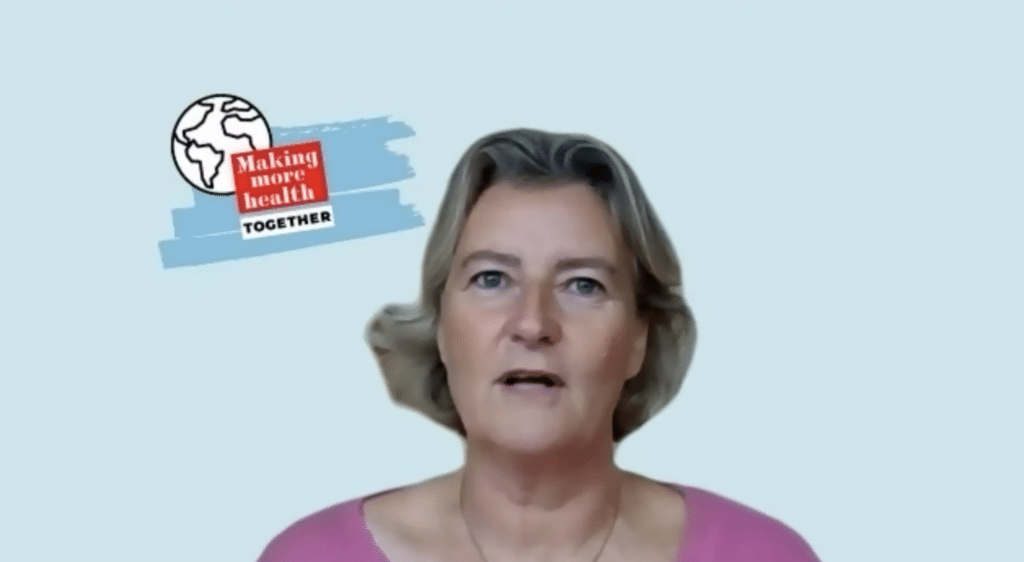
Transcript of main speeches
Dr. Lucile Cornet Vernet, Founder, La Maison de l’Artemisia
Since 2012 when we created the NGO, we have been constantly striving to create a global network of medical doctors, pharmacists, researchers, agronomists, farmers, NGOs and volunteers working in synergy.
The mission of Maison de l’Artemisia is twofold: the first is accelerating research on Artemisia herbal tea, an ancestral treatment for malaria; and second oversee sustainable dissemination in malaria endemic countries through local centers of expertise which we call Houses of Artemisia which coordinate knowledge and distribution of the plants.
I’m extremely proud that we have created 120 Houses of Artemisia in 27 countries. They have produced Artemisia for 6 million treatments since 2015. Our teams have trained thousands of farmers, done hundreds of awareness raising sessions and built a fair trade industry in each country.
It’s a very active network for the exchange of best practices under the cover of an ethical charter that will evolve towards a label. In every country we try to create partnerships with ministries of Health and national malaria control programs. We also make the case for authorization to sell Artemisia annua and afra in the countries. Our challenge is to ensure that Artemisia treatment is totally safe efficient and available to all people in need.
(…)
If successful, this trial will ensure Artemisia is recognized as a medical first line treatment against malaria by WHO. It will facilitate market authorization from national ministries of Health and spread the treatment not only in West Africa but also in all malaria endemic regions. If successful we will also gain deeper knowledge of the benefits, properties, dosage and possible side effects of the Artemisia annua and afra teas.
It would be a very very big step. (…)
Here in the north part of the world, we don’t know malaria anymore. More than half the world is living in in malaria endemic countries. We are very very lucky here. It’s not a big issue to fund 1 million or 2 million euros for these clinical trials.
It’s our duty to do that and that’s why we created the Maison de l’Artemisia to help those who don’t have anything to heal their principal burden, malaria.
If someone is can just help and give some money to the trials.
We need them, we need this money so let’s go.
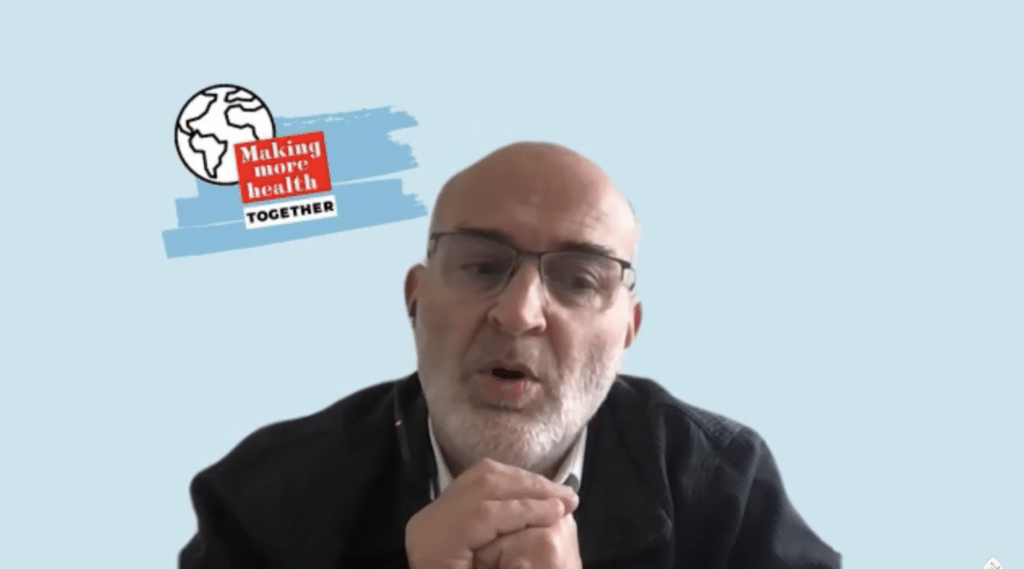
Jean-Christophe Barale, Senior Researcher at CNRS, Institut Pasteur
Our aim is to understand the mode of action of Artemisia on the different stages of plasmodium. Professor Mazier here in Paris has very recently published a nice set of data showing that Artemisia extracts are active against plasmodium at hepatic stages. This is important because we know that artemisinin is not active against hepatic stages. In our lab we are also able to show that artemisinin contained in Artemisia indeed kills parasites and eventually in culture could also kill artemisinin resistant parasites. We are also working with other colleagues on the transmission from a human being to the mosquito. Eventually there is more than one compound that is killing the parasite. Artemisinin and eventually others. We would like to set up an overall program to identify these other compounds. Second point we are doing is about the fact that parasites are about to become resistant very quickly. The question is, are plasmodium parasites able to become resistant to artemisinin while people are drinking this Artemisia tea. This is the kind of experiment we are doing in culture in the laboratory in Cambodia, by cultivating parasites with sublethal doses of Artemisia extracts, to see if we can select artemisinin resistant parasites. (…)
WHO has a critical role for health recommendations throughout the world. Regarding malaria you have to consider that there are almost 100 countries in which malaria is endemic. When WHO gives a recommendation, it is very very serious. It links health policy for hundreds millions of people.
The official position of WHO regarding using Artemisia teas was synthesized in a publication in October 2019, where they clearly stated that they do not have clear and rigorous rational evidence to recommend the use of Artemisia teas. They are clearly not recommending using these teas. The reason is very simple: WHO cannot give or support usage of this service therapy without strong and independent studies. However, we are in contact with WHO colleagues. They say they are contacted by several NGOs, including Maison de l’Artemisia but also many others regarding the subject of Artemisia teas and they are desperately lacking serious work to evaluate it with a clinical approach.
WHO needs this data, and they also want to have correlates with in vitro experiments.
I want to remind you that 40 years ago chloroquine was the most used anti-malarial. Unfortunately, parasites resistant to chloroquine arrived in Africa and it was a nightmare because during the eighties we did not have any other anti-malarials. We don’t want the same story happening with artemisinin resistance. They are very concerned about this issue. Resistant parasites to artemisinin already exist mainly in southeast Asia. they really want to be sure that using these Artemisia teas will not select for artemisinin resistant parasites. Therefore we are conducting this research in our groups. (…)
There is a huge bibliography on Artemisia. It comes from ancient Chinese traditional medicine. Pamela Weather’s lab and work is certainly describing very accurately that it is an interesting anti-malarial in different models. We don’t exactly know what the difference is between using pure artemisinin compared to Artemisia teas in human being. There are essentially works in laboratories. We know exactly the amount of artemisinin we need to kill the parasite, but we don’t know what is the amount of artemisinin which circulates within the blood of human being when they are drinking a tea. We don’t know exactly what Artemisia teas are doing on other stages. Dominique Mazier has shown it works on hepatic stages, that was not known before. We have preliminary data showing that eventually they have very faint effect on the transmission but that has not been clearly shown before. This it’s the opportunity for me to say that €650 k are needed for a clinical trial. It is not expensive and remember that it is going to be done in countries where people really need them.
In parallel, we will also have knowledge research on hepatic stage, transmission, artemisinin sensitive, and resistance, and we also have to fund this academic research. (…)
It is very important for a pharmaceutical company even via its foundation to work on something serious. The way we have organized the consortium is to have chemists, clinicians like Prof. Steffen Borrmann (Tubingen) and Antoine Berry from Toulouse who will work in in Cameron hopefully, knowledge scientists and also sociologists to learn how people are taking these teas and all the aspects.
We want to address all together the point: is Artemisia active against plasmodium?
For our part it will be how does it work? and do they select for resistance?
It is a combination of expertise that we really want to get working together thanks to the support of professionals.
Thank you for organizing “Make More Health” and BI but also interactions with Dr Bonneville.
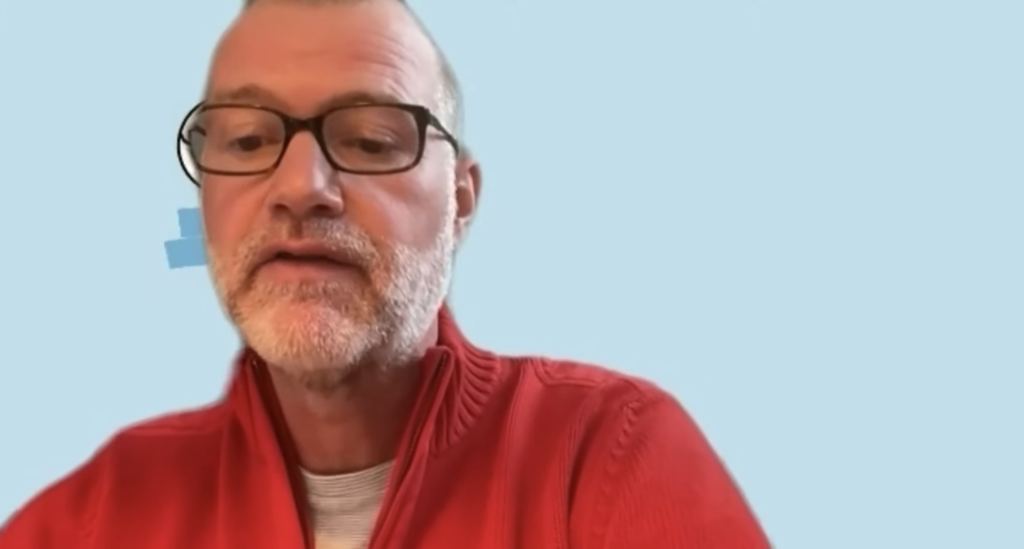
Prof. Steffen Borrmann, Associate Professor at the Institute for Tropical Medicine, University of Tübingen
Prof. Steffen Borrmann of the University of Tübingen (Germany) is currently planning a randomized controlled trial with CERMEL (Gabon), and a second trial in Cameroon to begin generating a strong clinical evidence base.
We are here to find out whether a particular treatment is very safe and very efficacious for the treatment of malaria. How do we define this? Typically, we wish to see whether parasites disappear from the bloodstream by looking through the microscope, sometimes in six hourly intervals, sometimes daily intervals until parasites have disappeared from the bloodstream. However, this method is not very sensitive, so they keep going and following up patients for up to four weeks, sometimes six weeks. In this particular case we expect to follow up patients for six weeks and then see whether infections would recall.
We are planning a randomized controlled clinical trial, the gold standard in clinical sciences. So that’s what we’re planning in two countries. In Gabon, a study, and also a study in Cameroon where we would also like to start initially looking into the ability of a quality control of tea preparation. We call this the clinical trial material, where we know exactly the content of the tea. We would like industry to see whether the parasites are disappearing or not and how quickly it happens before we move on again. Also insanely immune adults into a clinical trial for the treatment. (…)
WHO cannot currently recommend the use of artemisinin teas based on the lack of the clinical evidence. Our aim here is simply to provide the clinical evidence using a randomized controlled clinical trial set up, something that is the gold standard. If successful of course this would be a breakthrough and we of course hope that WHO will then be able to modify recommendations. There may be other studies also needed in the future. Our studies would be the proof of principle studies. Phase two study studies that are designed to provide the first firm evidence that it works. It’s both safe and it works. We hope that it will kick off a whole process and even more interest in the use of Artemisia tea. There is a need for besides the anti-malaria drugs that are being available because we all know WHO continues to estimate about 400 000 deaths every year for malaria. This is despite the free availability of artemisinin-based combination therapies in sub-Saharan Africa. There are populations that we do not reach with the official antimalaria drug policies (…)
We are ready to go, to set up the clinical trial. The team is ready to go at full disposal including all the competencies available in Gabon as well as in Cameroon. We need more funding. These clinical trials are important at the required quality, so we cannot start the study with only 50 or 30 percent of the funding. Please everyone present today if you can help to get this off the ground this would be most appreciated
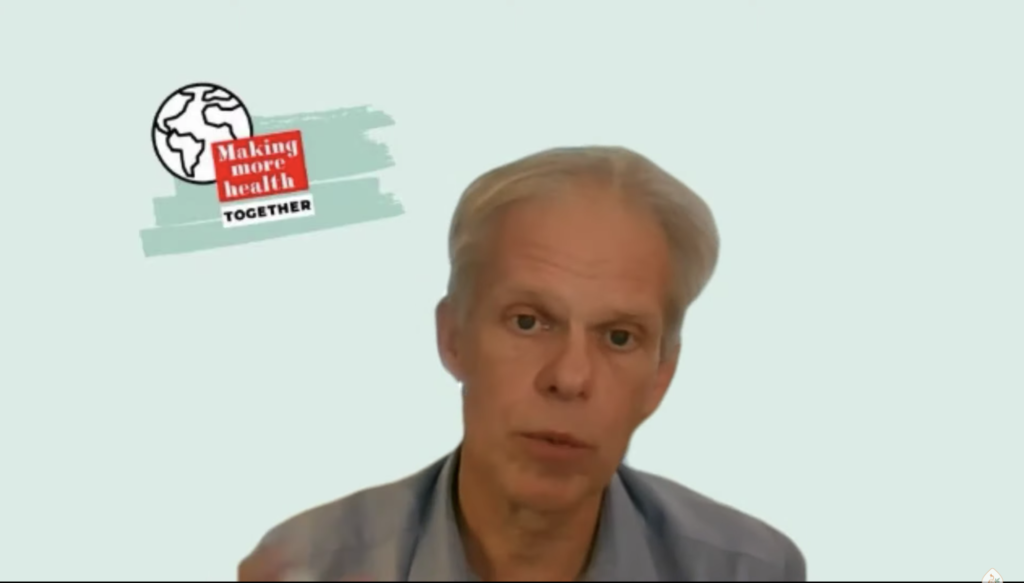
Dr. Hans Joerg Hagels, Head Occupational Safety Germany, Boehringer Ingelheim (BI)
Phytotherapy is serious. Many people mix rational phytotherapy up with homeopathic medicine or anthroposophical medicine. But there is this huge difference between the two as rational therapy is evidence-based and it is anchored in international medical product legislation which comprises all key registration requirements such as evaluation of quality safety and efficacy of medicinal products.
When it comes to BI, we had such evidence-based phytotherapeutic medical products in our OTC portfolio which we transferred to Sanofi about five years ago. So we have some history in working on such medicinal products. When talking about our efforts on Artemisia, we see there’s a lot of chance. It’s also key to ensure that all steps of the production involved are kept in mind. It starts with a knowledge about the genetic materials. Our common efforts profit from the experience La Maison de l’Artemisia provides and developed over the last years. We see a lot of chances in the process.
The story with BI and Artemisia started already 10 years ago. In our development activities we were already involved in work on Artemisia, then focusing on the purification of the main active compound, artemisinin. We had very intensive discussions between several interdisciplinary BI members and Make More Health experts of different scientific disciplines, and we came to the conclusion that supporting the common efforts regarding Artemisia tea in the end will provide a profit for people in vulnerable communities. On the one hand, they will have the chance to have low threshold access to medicine. To make the last mile by producing their medicine themselves. And on the other hand, they will increase their knowledge about the cultivation of minor crops. We are aware that we are still heading a lot of obstacles which still lay in the way, and the biggest is the current lack of documented evidence. This is why we are so eager to support the common efforts in the consortium to find or to get approved whether it works, how it works, and to ensure safety and the efficacy of the tea preparation. (…)
We’re really pleased to have this cooperation with Tubingen because they provide so much experience regarding in particular treatment of malaria and the execution of clinical trials.
This is why BI decided to at least fund a part of the planned trials.
We need overall funding for the efforts in Gabon with CERMEL and the university of Tubingen. Overall, 650 000 euros. BI will provide about 200 to 250 thousand. Hopefully we start in the next year until 2025. On the other hand, there is still a gap left. We still need another five to four hundred thousand euros for the three years. I would like to advertise to become a partner within our common efforts. The clinical trial we plan together is Gabon and another option is also the execution of a clinical trial in Cameroon executed there by Pasteur Cameroon. They additionally need another 600 000 euros for also a time of three years. There’s already a foundation which is involved with about 150 000 euros. That means there’s also a gap which has to be financed. (…)
With the initiative of Making More Health we want to become involved in vulnerable communities and want to provide a philanthropic part there. We are not interested in developing profitable projects for BI.
It’s based on the foundations of the thoughts of MMH. (…)
Within the last hour we learnt about the chances we commonly have to provide low thresholds access to medicine to people in need. We have the people of the Consortium. There are so many enthusiastic passionate people, we still need some more funding to get the proof that it works.
Please support us !
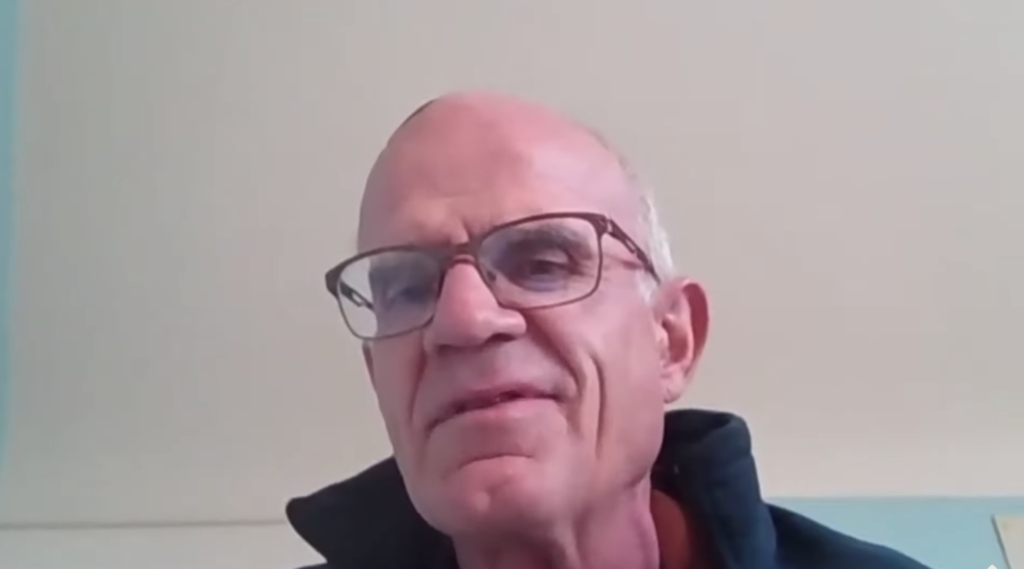
Marc Bonneville, Scientific and Medical Director, Institut Mérieux
An efficient fight against malaria, like against many other global diseases, will certainly require holistic approaches. They could certainly benefit from traditional medicines and solutions like Artemisia for which we could expect a much better uptake by remote communities than for modern medicine derived from industrialized countries. This social health science component is not taken enough into consideration when designing global strategies against major public health concerns. This is for me where traditional medicine-based approaches like the Artemisia solution could show their strongest added value. (…)
I think that traditional medicine-based solutions like Artemisia are expected to show limited barriers of adoption in communities and in particular among the most remote.
I think that the greatest impact of Artemisia solution would be actually to reach this remote community as long as protocols yielding reproducible efficacy of decoctions do not deviate too much from traditional recipes. The affordability of Artemisia solutions and the fact that providers of this solution are expected to be located in low resource countries directly afflicted by malaria are clearly additional advantages of the Artemisia approach. That could strengthen its impact. The implementation of a randomized control trial on Artemisia offers a great opportunity to get a proof of principle and proof of concept of the anti-malaria efficacy of Artemisia decoction. But even if this efficacy is formally proven, generalization and scaling up of this observation will remain an important challenge since it is very likely that the presence and concentration of anti-malaria active components will be affected not only by the way Artemisia plants are grown, under which climate and in which soil, and how the plants are processed and stored. This issue of generalization could be addressed by the standardization efforts already undertaken by several colleagues but by centralizing Artemisia plant production to a limited number of qualified providers and by establishing reproductible individual sales allowing easy but precise assessment of anti-malarial efficacy of a given batch of Artemisia plant. What i think will be the most challenging issue already raised by Jean-Christophe Barale in particular will be to formally rule out induction of resistance to anti-malaria drug like artemisinin and hopefully the clinical trial planned in Gabon and Cameroon will certainly help address this issue as well.
I’m very supportive of this approach. I do hope that we will be able to be involved in one way or another in supporting these trials. I wish that we will get a definitive answer to these various issues. (…)
Traditional medicine could represent a sustainable and impactful approach to address many diseases affecting the most vulnerable, be they communicable or non-communicable.
The trial contemplated here in the context of malaria could provide a rationale for new and more rigorous way to assess traditional medicines. This could have a major impact well beyond the field of malaria.
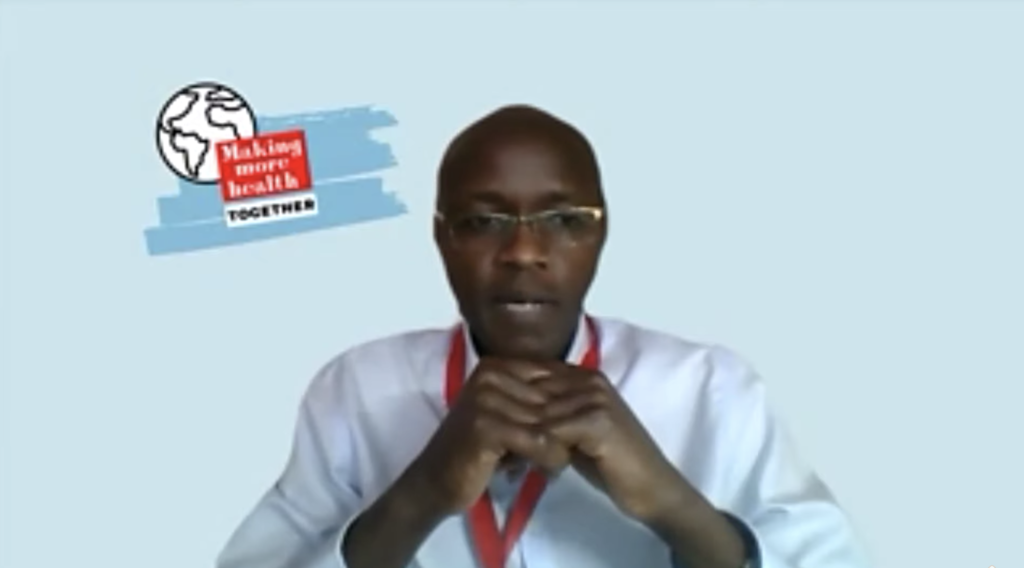
Dr. Jeremiah Laktabai, Head of Population Services, AMPATH
However effective, there is a class of people that would just not access the modern medicines. There is an exciting opportunity that you can have people participating in growing the medicine that they are consuming.
I see this as a great opportunity for innovation and for a certain group of people who are really the most vulnerable.
